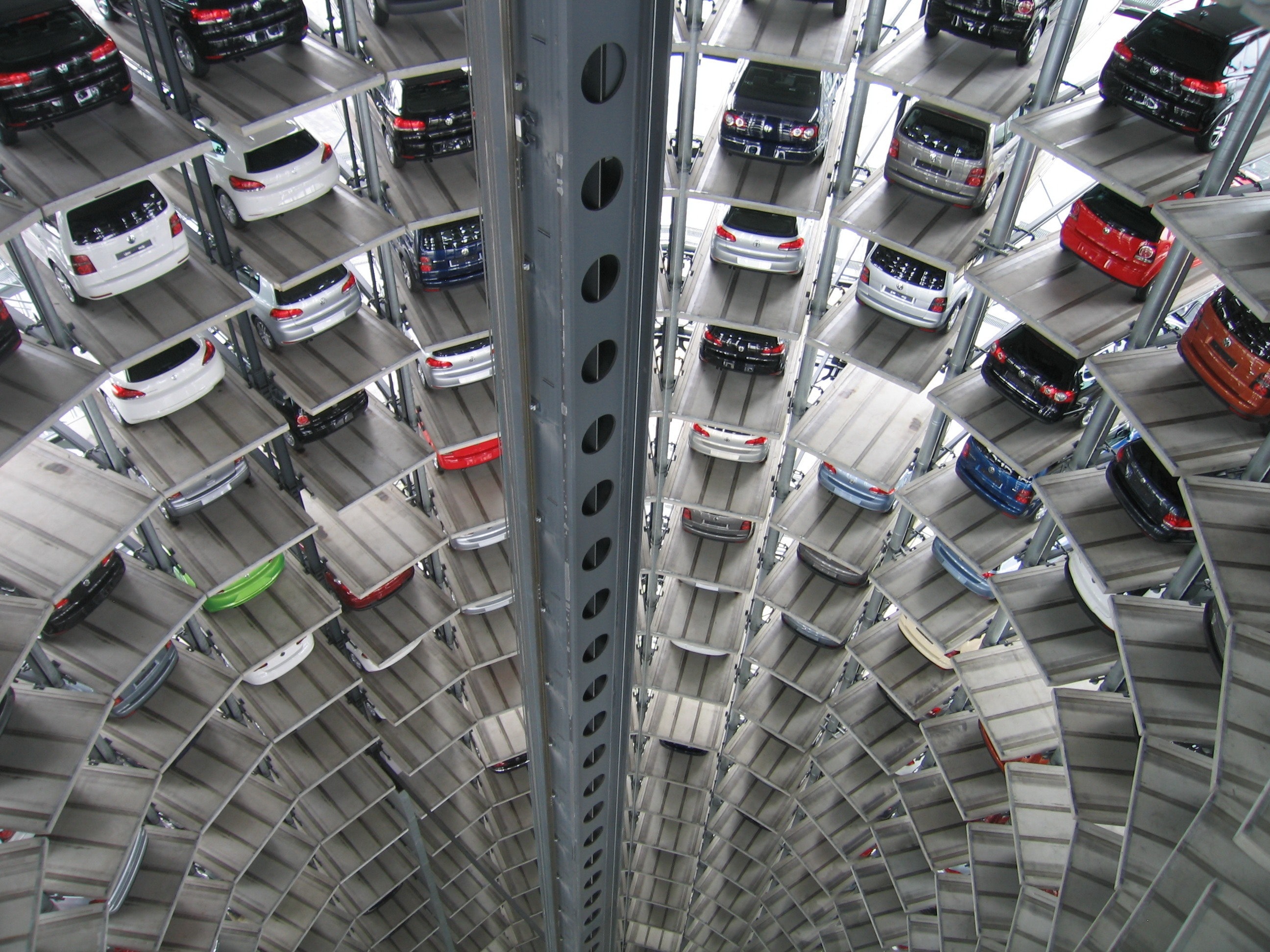Two years ago, Ryan Citron (Senior Research Analyst at Navigant) predicted what is today's reality: Technology innovations are enabling more adaptable systems, including cameras, wireless communications, data analytics, induction loops, smart parking meters, and advanced algorithms.
Here is a repost from his famous blog article published on forbes.com :
The smart parking industry continues to evolve as an increasing number of cities struggle with traffic congestion and inadequate parking availability. While the deployment of sensor technologies continues to be core to the development of smart parking, a wide variety of other technology innovations are also enabling more adaptable systems—including cameras, wireless communications, data analytics, induction loops, smart parking meters, and advanced algorithms.
The future of the smart parking market is expected to be significantly influenced by the arrival of automated vehicles (AVs). Several cities around the world are already beginning to trial self-parking vehicles, specialized AV parking lots, and robotic parking valets.
For example, in Boulder, Colorado, ParkPlus is working on deploying a fully automated parking garage in the Western United States through Boulder’s PearlWest mixed-use development. The company’s automated parking system uses lasers to scan cars and a robotic valet to park the vehicles. Vehicles are transported by a robotic dolly that lifts and transfers them to storage racks. Using this system, up to 4 times as many cars can be parked in the same amount of space as a traditional garage (since there is no need for extra space in between cars). The automated system is expected to deliver vehicles within 3-5 minutes of a retrieval request.

Photo Courtesy of Advanced Energy Perspectives
In 2018, a small fleet of cars with piloted parking technology will be deployed to test self-parking capabilities with a specialized nearby parking garage. The idea is that having cars that self-park will help improve traffic congestion considerably as riders could be dropped off in front of their destination and the car would park itself and minimize the time spent taking up space on the road (as opposed to drivers circling several blocks continuously looking for a space). In 2020, phase two of the project is expected to commence with the deployment of a full fleet of self-parking Audi cars.
By 2030, the self-parking garage is targeting availability to the broader AV market. It is estimated that parking garages specifically designed for self-parking cars can take up 60% less space than traditional lots (as cars can park much closer together and elevators and stairs are no longer required).
The Future Of Smart Parking Is Integration With Automated Technology)
Let's notice that in 2016, Cambridge Consultants published a video about The Futur of Parking, it's still relevant today!
Are you managing your parking lots in an optimal way? Find out everything about parking management in this mini guide!